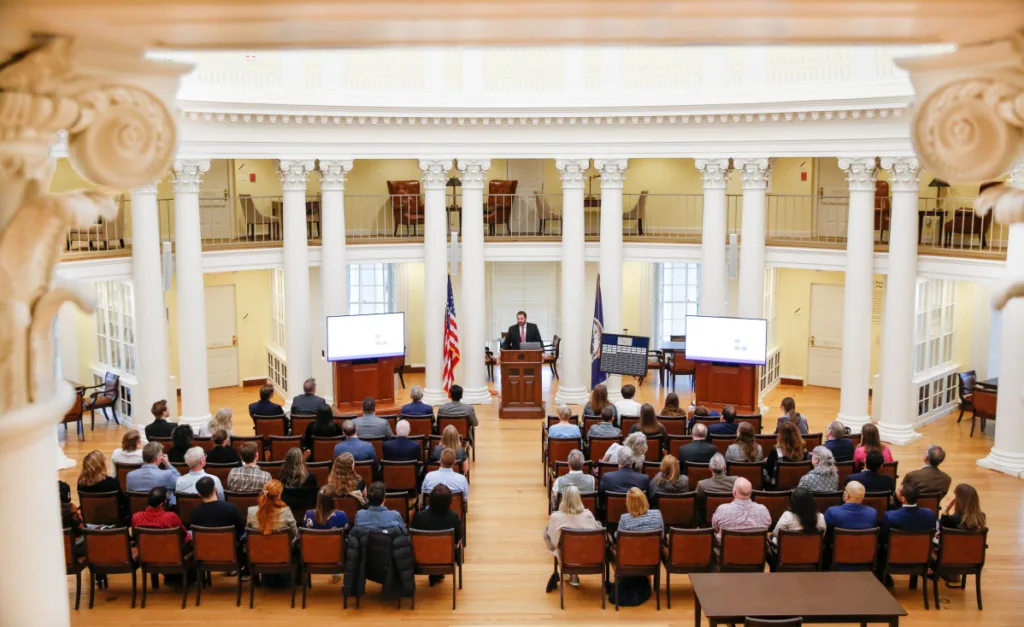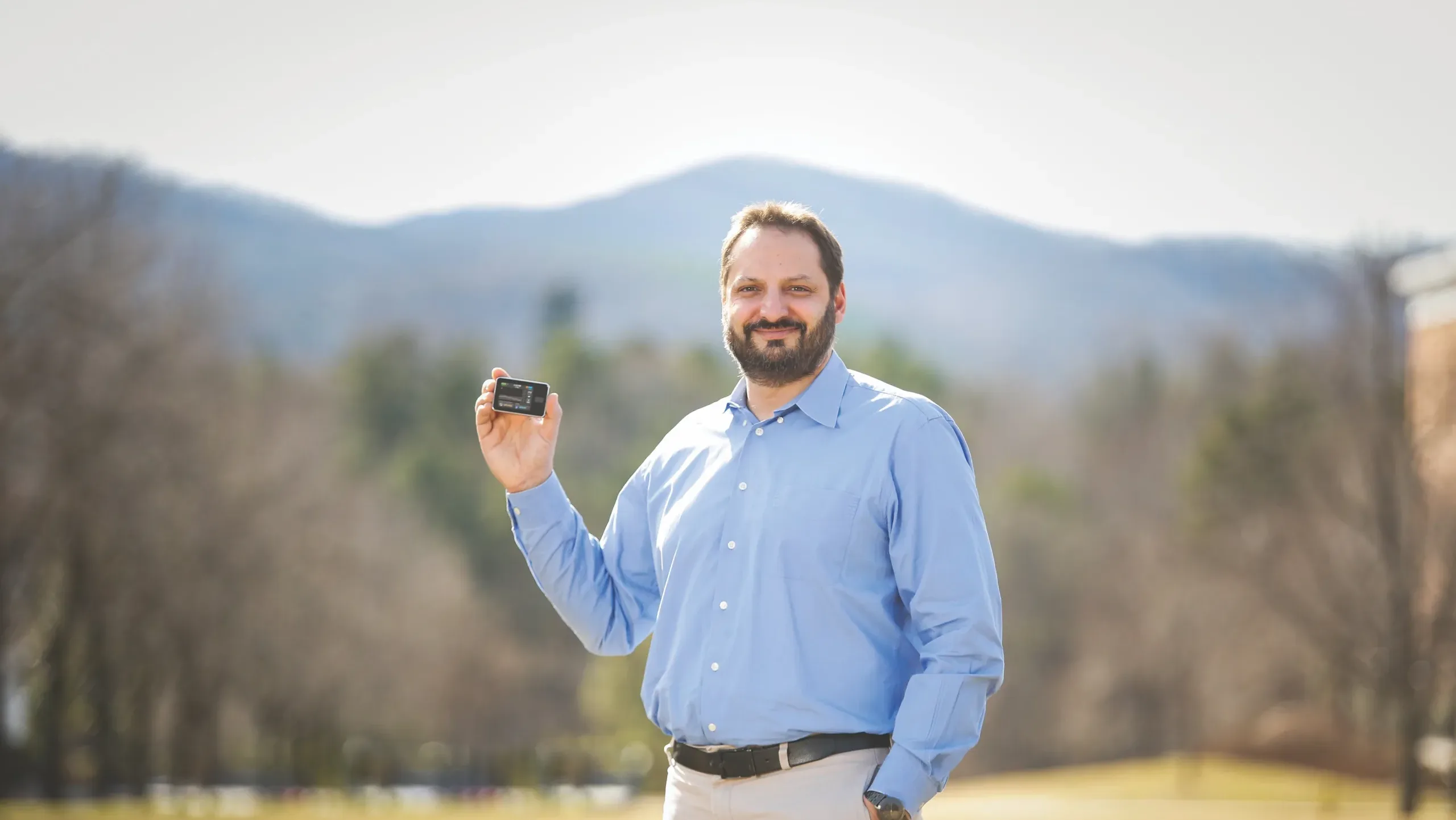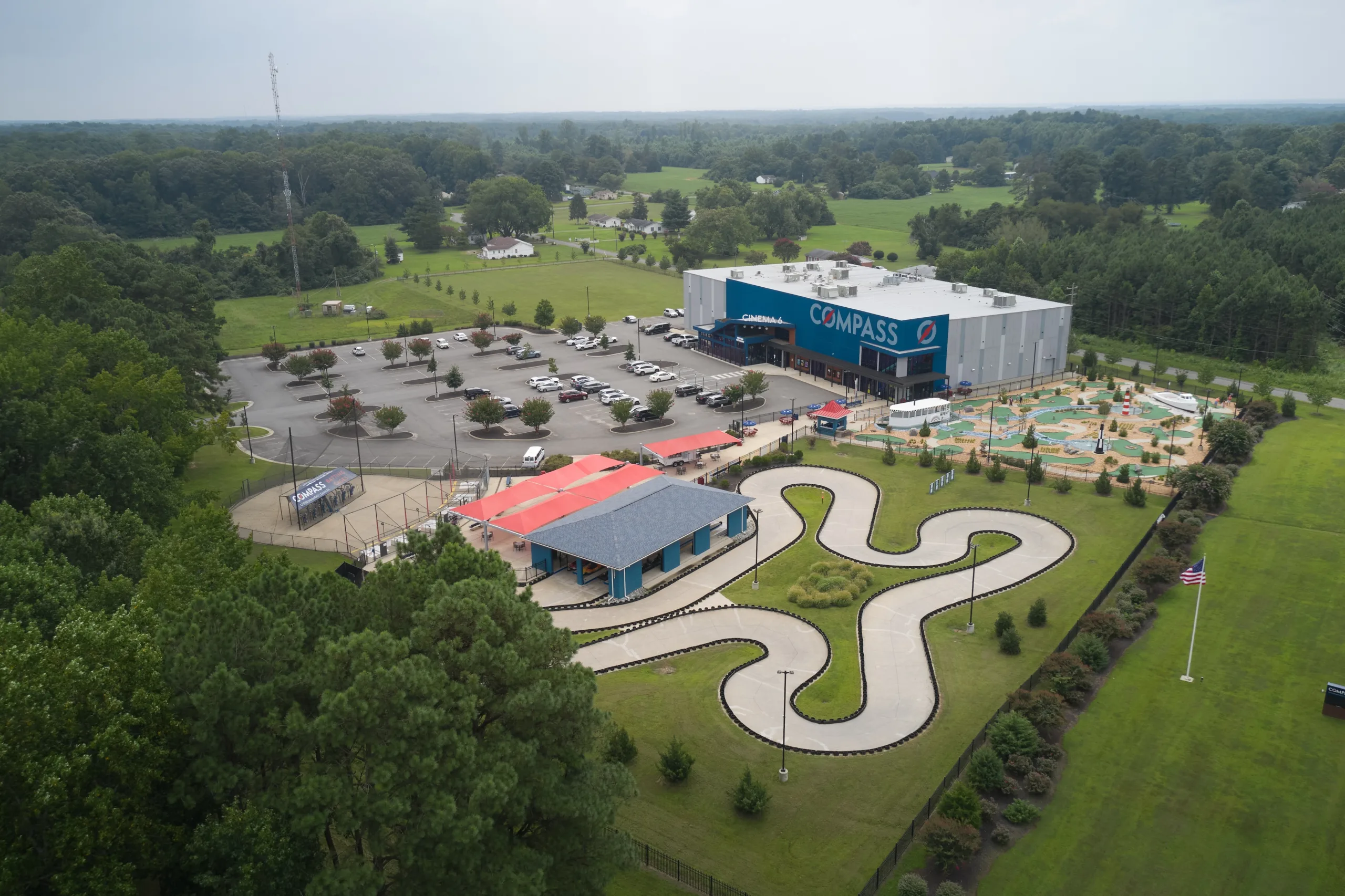Marc Breton’s trajectory from crafting 2 and 3D templates and shapes as a 10-year-old growing up in Paris to pioneering diabetes management technology illustrates an elegant intersection of boyhood wonder, systems engineering, and medical innovation. As the child of academic researchers, his early fascination with creating puzzles rather than merely solving them foreshadowed his future contributions to medical device development. Now a University of Virginia professor who lives in Charlottesville with his wife and three children, he describes his journey from making faceted molds as a fourth grader to inventor of the artificial pancreas as a bit of a tumble, “and I just rode the wave.”
After completing his engineering studies at L’École Centrale de Lille in northern France, Breton’s doctoral work at UVA under Don Brown, the founding director of the university’s Data Science Institute, led to a serendipitous post-doctoral position with Boris Kovatchev, a mathematician and professor of medicine. Despite limited initial knowledge of diabetes, Breton recognized that the fundamental principles of systems engineering—optimization and physiological modeling—aligned perfectly with the challenges of optimizing pancreatic functioning and glucose regulation.
The collaboration with Kovatchev yielded two transformative breakthroughs. First, they developed a computer simulation environment that received FDA approval as an alternative to animal studies in insulin treatment testing, dramatically accelerating the research timeline from 5–10 years to mere months. Second, they created an artificial pancreas system that evolved from its initial primitive form to a smartphone-integrated algorithm by 2012, making automated glucose regulation practical for daily use.
Their innovation, commercialized through TypeZero Technologies, which was later acquired by DexCom Inc. and licensed by Tandem Diabetes Care, now exists as the t:slim X2 insulin pump with Control-IQ. The technology’s impact is nothing short of extraordinary, say Breton’s early trial participants, some just kids at the time. Blood glucose levels stabilized and no longer had to be constantly monitored 24/7.

Benjamin Motta, who grew up in Fredericksburg, was one of those early trial participants—he was 12 at the time—and had struggled with his glucose levels ever since he could remember. But suddenly, it was static. “It was like magic. It was extraordinary,” he says. “It was fascinating to see that kind of engineering happening live. It was incredible.”
Motta continues to marvel at how different his life is because of Breton’s invention. “It’s all thanks to people who genuinely want to make a difference in the world and how other people are able to live, and who have a genuine fascination with the science behind it all,” he says. “Seeing that, and especially how it touched my own life, was life-changing.”
Diabetes is typically grouped into three main categories. Type 1 is an autoimmune condition where the pancreas can’t make insulin, affecting about 2 million Americans. Type 2, which affects 90–95 percent of the 38 million Americans with diabetes, occurs when the body either doesn’t make enough insulin, doesn’t use it properly, or both. The third type is gestational diabetes, which can develop during pregnancy.
Breton’s innovative work extends beyond the artificial pancreas. He developed an algorithm for monitoring hemoglobin A1C between clinical visits, implemented in the MyStar Extra blood glucose monitoring device—the first commercial system capable of estimating A1C from fingerstick measurements. His portfolio includes 55 invention disclosures to UVA’s Licensing & Ventures Group and 27 issued U.S. patents.
Recent developments include successful clinical trials for a next-generation t:slim X2, which has the potential to simplify management for Type 1 and Type 2 diabetes. It features a full closed-loop system with minimal user interaction. At UVA’s Center for Diabetes Technology, which Breton co-founded in 2010, he continues to advance the field through more effective utilization of diabetes data for patient care and health system optimization.
For his contributions, Breton received the 2022 Edlich-Henderson Innovator of the Year award from UVA. His reflection on seeing the immediate societal impact of his work captures the rare privilege of how research can directly improve lives, with his technology now benefiting more than 500,000 users across the globe. “We got on a crazy train and got to see the results immediately,” he says.

This article originally appeared in the June 2025 issue.









